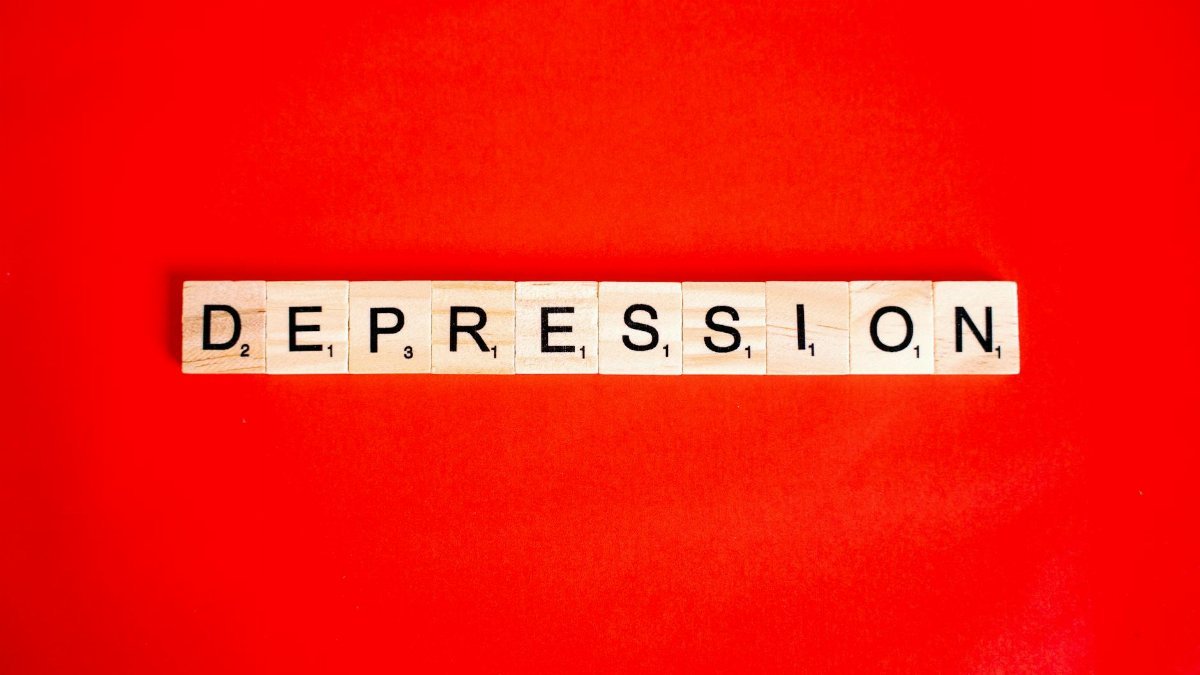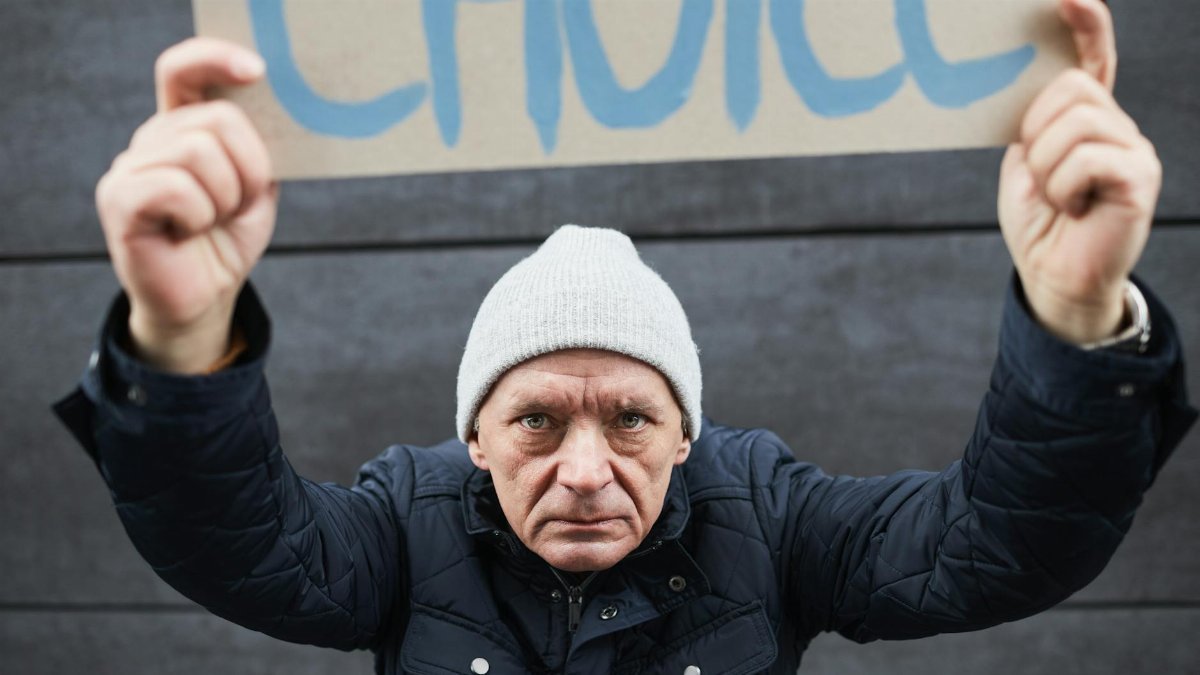Selena Gomez’s scary decision to reveal her bipolar disorder diagnosis in 2020 left a lasting impact on her life and advocacy work. In a recent sit-down with iHeartRadio on April 25, 2025, the 32-year-old singer and actress opened up about the fear she felt at the time, calling the choice “terrifying.” Yet, she said it ultimately freed her from shame, marking a turning point in her personal journey and her mission to support mental health initiatives. Her story continues to resonate as she pushes for change in 2025.
A Terrifying Yet Liberating Revelation

In her candid iHeartRadio interview, Selena Gomez reflected on the moment she decided to share her bipolar disorder diagnosis with the world five years ago. The decision wasn’t easy. She described it as a deeply personal and frightening step, worried about public judgment and the stigma surrounding mental health. But Gomez emphasized that going public lifted a heavy burden, allowing her to shed shame and embrace her truth. This vulnerability has since defined much of her advocacy, inspiring others to speak openly about their struggles.
Breaking the Stigma Around Mental Health

Gomez’s choice to disclose her diagnosis wasn’t just personal—it was a deliberate push against the stigma that often silences those with mental health challenges. By sharing her story, she aimed to normalize conversations about conditions like bipolar disorder, which affects millions of Americans. Her transparency has helped spark dialogue, showing fans and followers that seeking help is a sign of strength, not weakness. In 2025, her influence continues to challenge outdated perceptions and encourage acceptance.
Rare Impact Fund’s Bold Mission

Beyond her personal journey, Gomez is channeling her experience into actionable change through her Rare Impact Fund. During the iHeartRadio discussion, she previewed the fund’s upcoming summit in Dallas, scheduled for September 2025. The event promises to be a significant step forward for mental health advocacy, focusing on innovative solutions to improve access to care. Gomez’s commitment to this cause underscores her determination to turn her past fears into a force for good.
Investing in School Tele-Therapy Programs

One of the highlights of the Rare Impact summit will be the announcement of $5 million in funding for school tele-therapy pilot programs. Gomez shared her excitement about this initiative, which aims to bring mental health support directly to students through virtual platforms. With many young people facing barriers to traditional therapy, this investment could be a game-changer, ensuring that help is just a click away. The program reflects her focus on accessible, modern solutions for the next generation.
Advocacy for Legislative Change

Gomez didn’t stop at funding initiatives—she also issued a call to action during the interview. She urged her fans to demand parity laws in state legislatures, pushing for policies that ensure mental health care is treated with the same urgency and coverage as physical health care. Her plea highlights a critical gap in the U.S. healthcare system, where mental health services often remain underfunded or inaccessible. Her voice adds weight to a growing movement for systemic reform in 2025.
A Personal Journey Fuels Public Impact

Selena Gomez’s scary decision to go public with her bipolar disorder continues to ripple through her life and work. What started as a moment of fear has transformed into a powerful platform for advocacy. From funding tele-therapy to advocating for legislative change, she’s proving that personal struggles can fuel broader societal progress. Her story serves as a reminder of the courage it takes to speak out and the impact it can have on others facing similar challenges.
Resources and Support for Mental Health

For those inspired by Gomez’s journey, numerous resources are available to learn more about bipolar disorder and mental health advocacy. The National Institute of Mental Health offers comprehensive information on conditions and treatments at NIMH Bipolar Disorder Page. Additionally, Mental Health America provides tools for finding support and pushing for policy change at Mental Health America. These platforms can help individuals and advocates take the next step in their own journeys.
